A Study on the Management and Planning of Ecological City in Erlangen and Implications for the Ecological City Planning and Management in China
DOI: 10.23977/jceup.2024.060103 | Downloads: 11 | Views: 215
Author(s)
Liya Zhou 1
Affiliation(s)
1 The First Affiliated Hospital of Wenzhou Medical University, Wenzhou, Zhejiang, 325000, China
Corresponding Author
Liya ZhouABSTRACT
Erlangen was once a US military base in Germany, but had been transformed into a world-renowned ecological city through scientific eco-city planning and urban management. This thesis introduces the history and current situation of the city, analyses the existing problems, and compares the urban planning concepts of Germany and China. It concludes that eco-city development is an inevitable choice for urban areas. Secondly, the paper focuses on the three strategies that were implemented in Erlangen: rational land use planning, promotion of low-carbon green transport, and ecological recycling. Thirdly, it analyses the successful experience and challenges faced by Erlangen, and presents critical thinking. Finally, this paper analyses the impact of the successful experience of Erlangen on the planning and management of ecological cities in China. It covers topics such as sustainable land use patterns, the development of a sustainable economy, public transport, innovation in planning procedures, and public participation. The paper concludes by offering practical suggestions for the future construction, planning, and management of ecological cities in China.
KEYWORDS
Erlangen, Eco-city, Urban Planning and Management, StrategiesCITE THIS PAPER
Liya Zhou, A Study on the Management and Planning of Ecological City in Erlangen and Implications for the Ecological City Planning and Management in China. Journal of Civil Engineering and Urban Planning (2024) Vol. 6: 20-29. DOI: http://dx.doi.org/10.23977/jceup.2024.060103.
REFERENCES
[1] Hahlweg D. Case Study of Eco-city Erlangen, Germany. Planner, 2003, 19 (1) : 29230.
[2] Bjorn Haake. The Importance of Bicyclist Education. World Transport Policy & Practice, vol.15, No.1, April, 2009.
[3] Tai-Chee Wong, Belinda Yuen. Singapore, co-city Planning. Policies, Practice and Design,2011
[4] Langhans M, Schönstein H. Schnelleinsatzgruppe (SEG) Sanität Erlangen Stadt, Bavarian Red Cross, Germany" as an Example for Modern Disaster Planning. Prehospital and Disaster Medicine,2000,15(S2):S101-S101.
[5] Zhiming B. Application Of Ecological And Green Concept In Urban And Rural Planning And Design. Journal of Environmental Protection And Ecology,2021,22(2):503-511.
[6] Xin L, Xinyu Z. Eco-City Problems: Industry–City–Ecology, Urbanization Development Assessment in Resource- Exhausted Cities. Sustainability,2022,15(1):166-166.
[7] Quan X, Lu Z, Lei J, et al. Ecological characteristics of distributed energy planning in ecological urban renewal design. Energy Reports,2022,813037-13046.
[8] Xiaoling H, Xiao C. Research on Key Technologies of Eco-city Construction Planning. IOP Conference Series: Earth and Environmental Science,2021,769(2):
[9] Laurence R C, Sarah M. "Fast urban model-making" : constructing Moroccan urban expertise through Zenata Eco- City. Urban Geography,2023,44(9):2016-2036.
[10] Xinping H, Jie G, Huantao Z. Low-carbon eco-city development policy in China: a bibliometric analysis of policy documents. Kybernetes, 2023,52(2):601-624.
[11] Wang X, Mell I. Evaluating the challenges of eco-city development in China: a comparison of Tianjin and Dongtan ecocities. International Development Planning Review,2019,41(2):215-242.
| Downloads: | 3791 |
|---|---|
| Visits: | 107971 |
Sponsors, Associates, and Links
-
Journal of Sustainable Development and Green Buildings
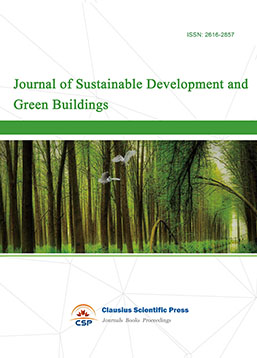
-
Landscape and Urban Horticulture
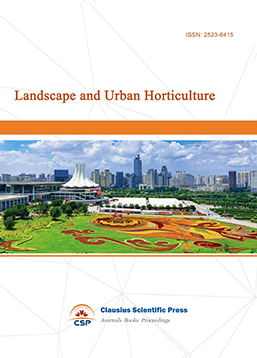
-
Bridge and Structural Engineering
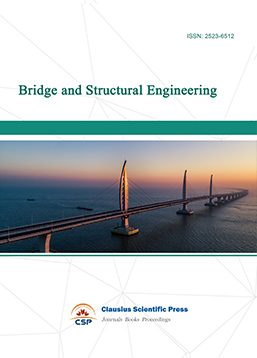
-
Soil Mechanics and Geotechnical Engineering
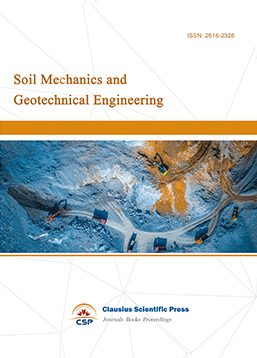
-
Journal of Municipal Engineering
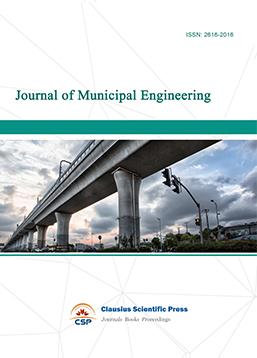
-
Heating, Ventilation and Air Conditioning

-
Indoor Air Quality and Climate
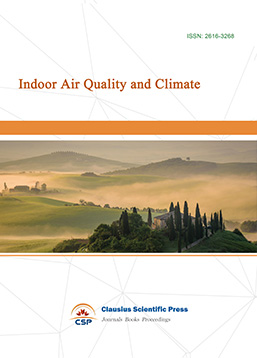
-
Computer Aided Architecture Design


 Download as PDF
Download as PDF